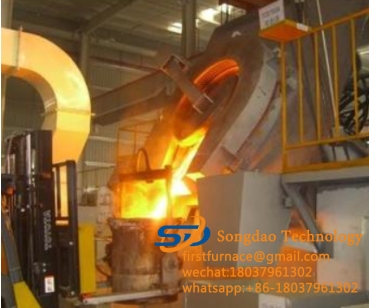- 07
- Apr
How to correctly choose the capacity of the induction melting furnace?
How to correctly choose the capacity of the 誘導溶解炉?

Correctly select the capacity of the induction melting furnace and increase the matching power. The selection of the furnace capacity generally mainly considers whether the productivity of the furnace can meet the needs of molten iron. However, for the same amount of molten iron, you can choose a single large-capacity furnace or multiple smaller-capacity furnaces, which must be analyzed and determined according to actual requirements. In occasions where a large amount of molten iron is only needed for the production of large castings, it is not advisable to use a single large-capacity furnace, but should select multiple furnaces of appropriate capacity under normal production requirements. In this way, the flexibility and reliability of the production process can be improved, and the shutdown problem caused by the accident of a single large-capacity induction melting furnace can be solved, and the consumption caused by the excessive capacity and the rated power when smelting a small amount of molten iron can be reduced. Power.
The capacity of the induction melting furnace is closely related to the technical and economic indicators of the furnace. Generally speaking, large-capacity furnaces have high technical and economic indicators. This is because as the furnace capacity increases, the unit energy loss of molten cast iron is relatively reduced. The furnace capacity has been increased from 0.15T to 5T, and the power consumption has been reduced from 850kWh/T to 660kWh/T
The ratio of rated power to rated capacity (that is, the matching power for smelting 1kg of steel) is a sign that reflects the smelting time and smelting power consumption of the induction melting furnace. When the ratio is large, the smelting time is short, the power consumption is small, and the melting rate is high; on the contrary, the smelting time is long, the power consumption is large, and the melting rate is low.
